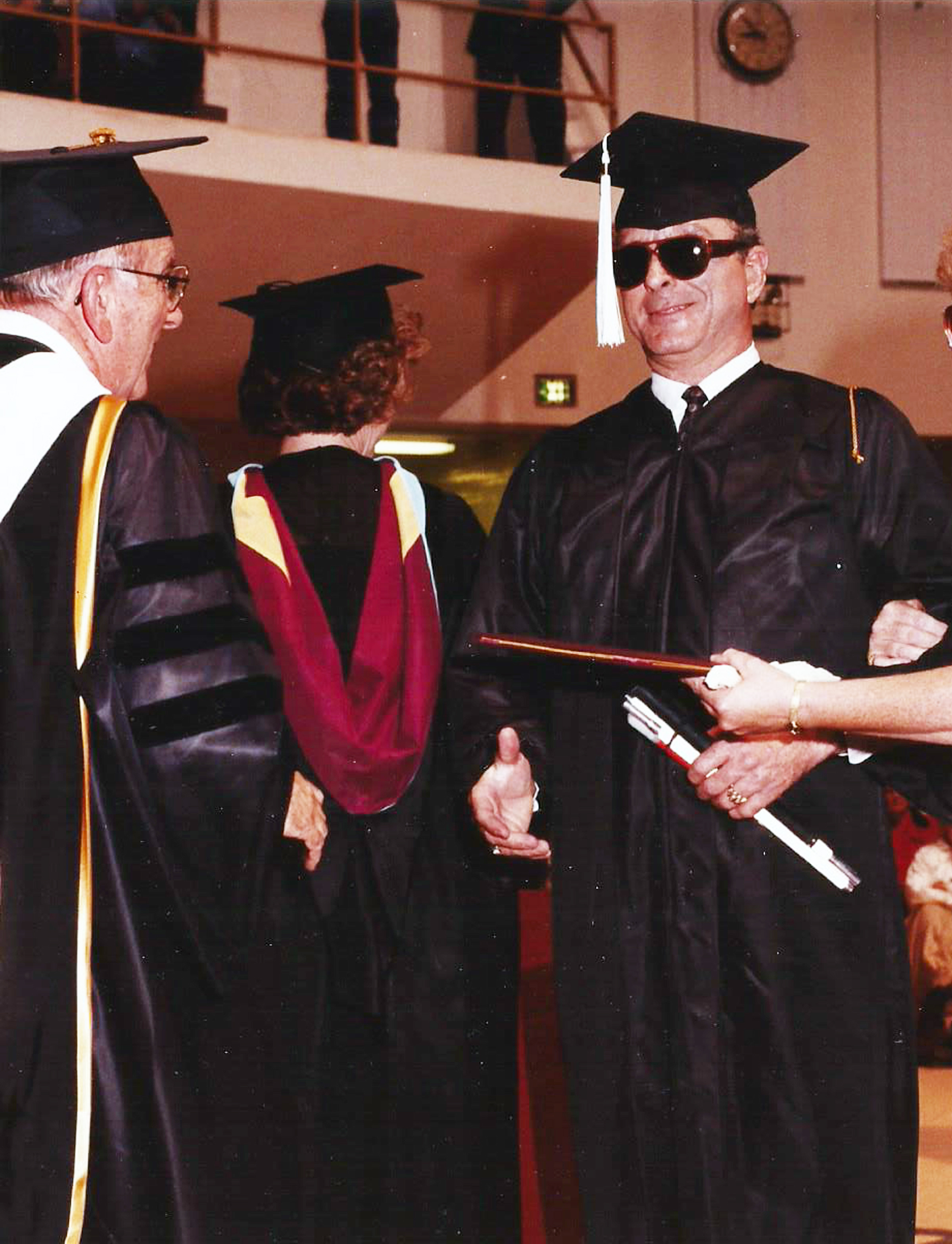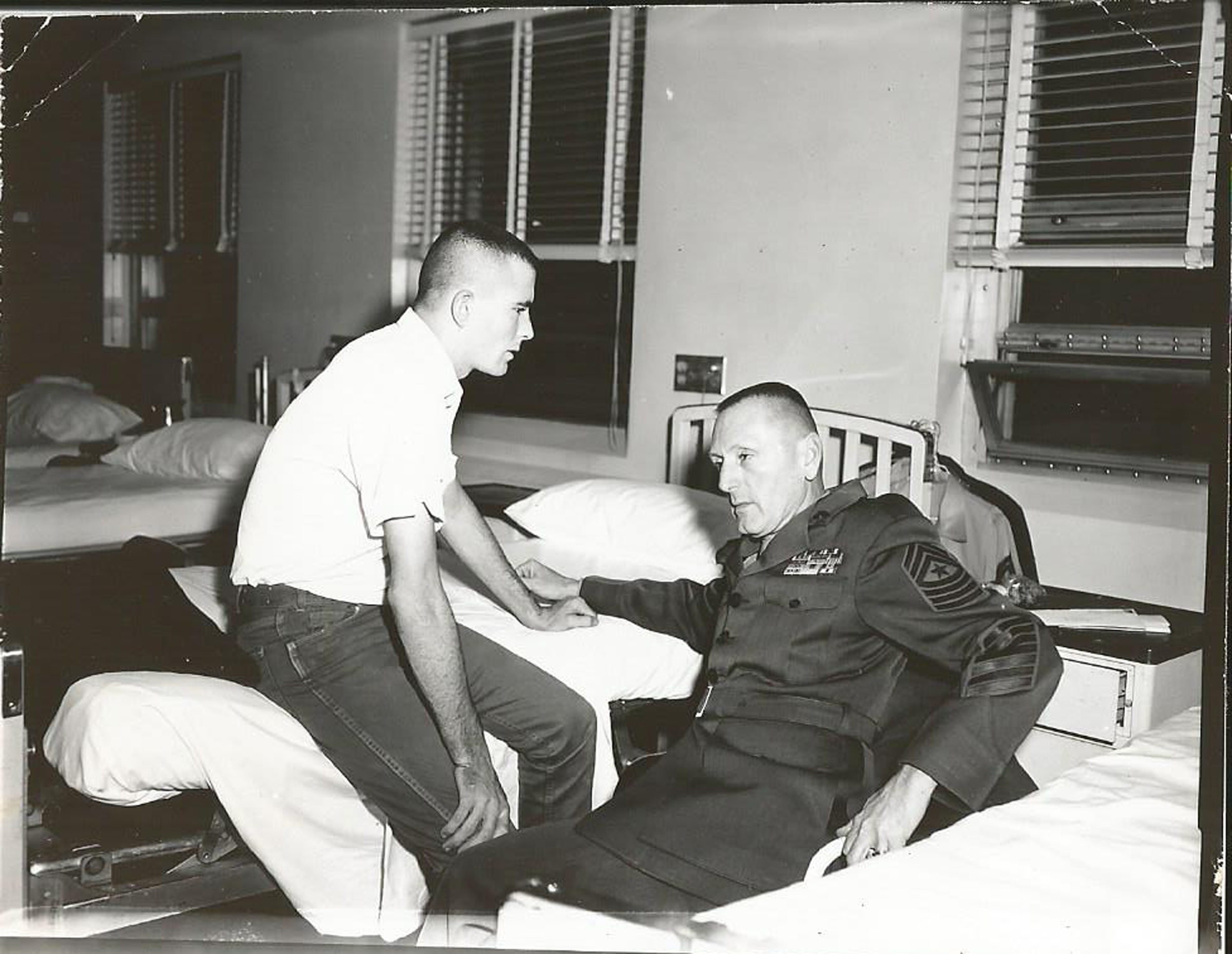Country Lifestyles
Bravery and Resilience of a Marine – Carl Kirksey

By Jessica Crabtree
November 11 we celebrate Veterans Day. It is a day specifically intended for honoring and thanking all military personnel who served the United States in all wars, particularly living veterans. It is a minor way to express our appreciation to those who served in any capacity, living or since passed. These are the people cut from a different cloth, the people able to make the sacrifice you and I weren’t able to.
These are the people who carried the world on their shoulders, bravely forged on into enemy lines and fought for our freedom. Young and old, these people were husbands, sons, boyfriends, brothers and sisters, friends and family members. Some had dreams and aspirations that never came to pass after giving the ultimate sacrifice for you and me. This article honors each and every man or woman who served. We thank you today, and every day, for your unselfish attitude, unwavering courage and ability to lay your life down for your fellow man. You are the true version of a hero.
Carl Kirksey was born in Wichita Falls and raised at Amon G. Carter Lake in Bowie before it was even a lake. In fact, his family bought the first lot. His youth consisted of long summer days with his parents, siblings and cousins on the lake water skiing. He even recalled memories of making pyramids while skiing on the water, and always being on the bottom.
His raising was as American as they come: a mom, dad and large family sharing memories at the lake, barbecue and belief in God. Kirksey graduated from SH Ryder in Wichita Falls in 1964. That same year, on July 16, an 18-year-old Kirksey joined the United States Marine Corp.
“In 1964 there was a draft. You were just waiting for your notice to show up in the mailbox. Back then you had to show your draft status when applying for a job,” Kirksey explained. At the time Kirksey was a 1A to draft and working for a construction company when a new straw boss was hired and fired anyone younger than 25. His reason was because he thought anyone that young should be in college. “In a fit of inspiration, we flipped a coin and decided to get our time over with.” To the young Kirksey, he liked the outdoors, the military and was active in ROTC throughout high school.
In July of 1964, Kirksey reported to San Diego, Calif. A month later, the Tonkin Gulf affair occurred. It was the entrance into the Vietnam War. Attending boot camp, he said, “We didn’t watch television there. We were totally isolated. But after the Tonkin Gulf Affair our drill sergeant brought in a television, and we watched as President Lyndon B. Johnson addressed the situation,” Kirksey said. He went on to describe, “We knew our career had just changed. We were going from spit shine to combat. Everything took a more serious note.”
Country Lifestyles
Wichita Falls Area Cattlewomen
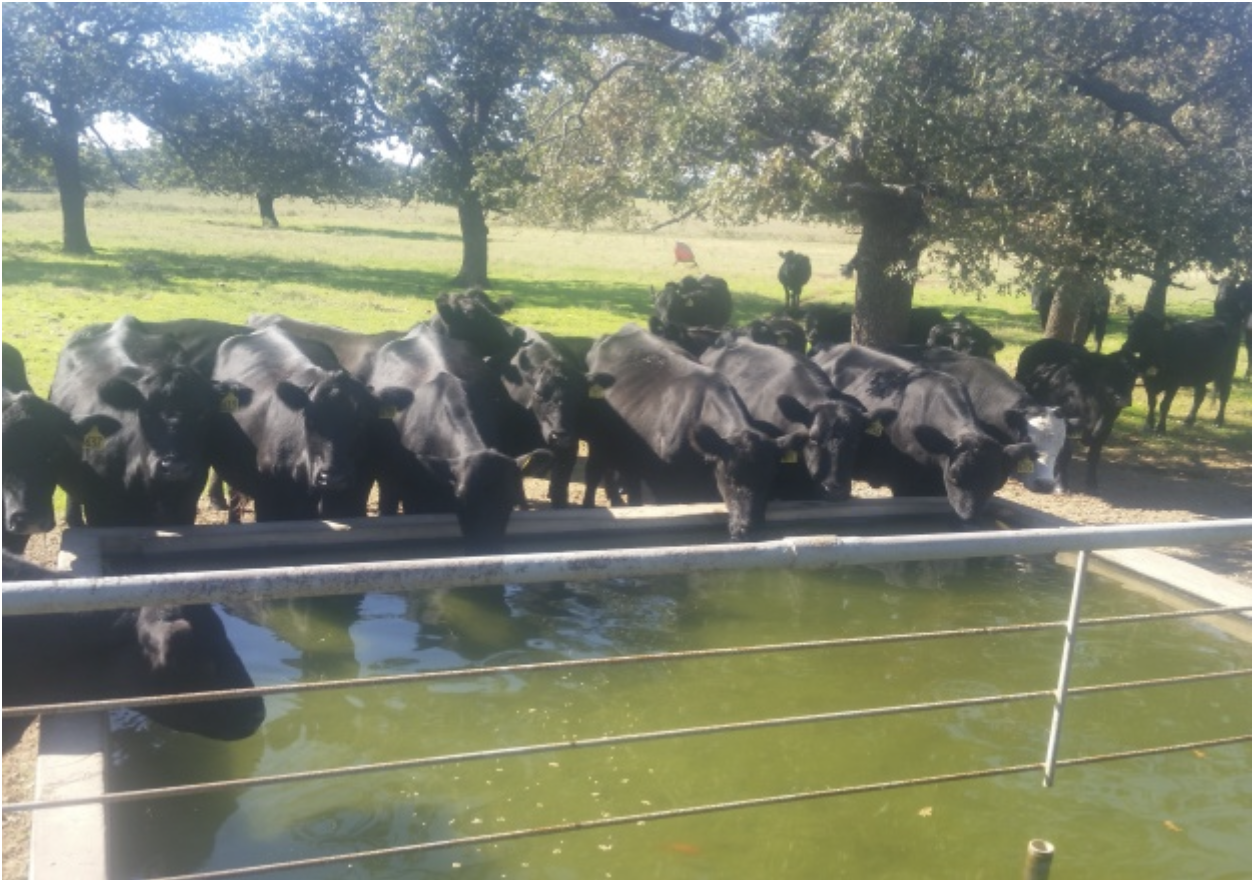
By: Martha Crump
Most cattle producers can tell you quite a lot about balancing cattle diets for energy, protein, vitamins, and minerals based on the specific needs for their herd and type of operation.
A key factor, and one that is often overlooked, is that how your animals perform is also directly affected by their water intake.
Now many of you may already be thinking “well of course water is necessary, anybody knows that!”
In many years, as September marches into October, we are beginning to experience some return of rainfall. But as many of us know, that is not always the case. Often we are still experiencing hot and dry weather, and water supplies are dwindling.
When we find ourselves experiencing those types of fall conditions, it is critical to not only understand the daily water requirements for cattle, but also the impact that the quality of water can have on herd health and development.
To read more, pick up a copy of the October edition of North Texas Farm & Ranch magazine, available digitally and in print. To subscribe by mail, call 940-872-5922.
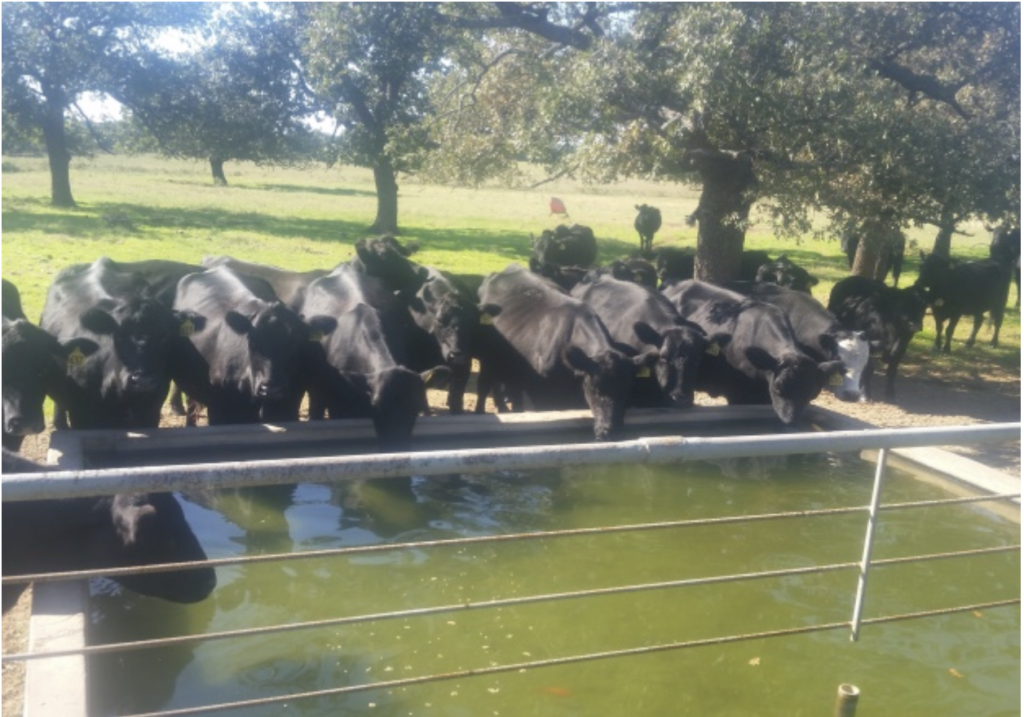
Country Lifestyles
When A Girl Goes Country: When Two Different Worlds Collide
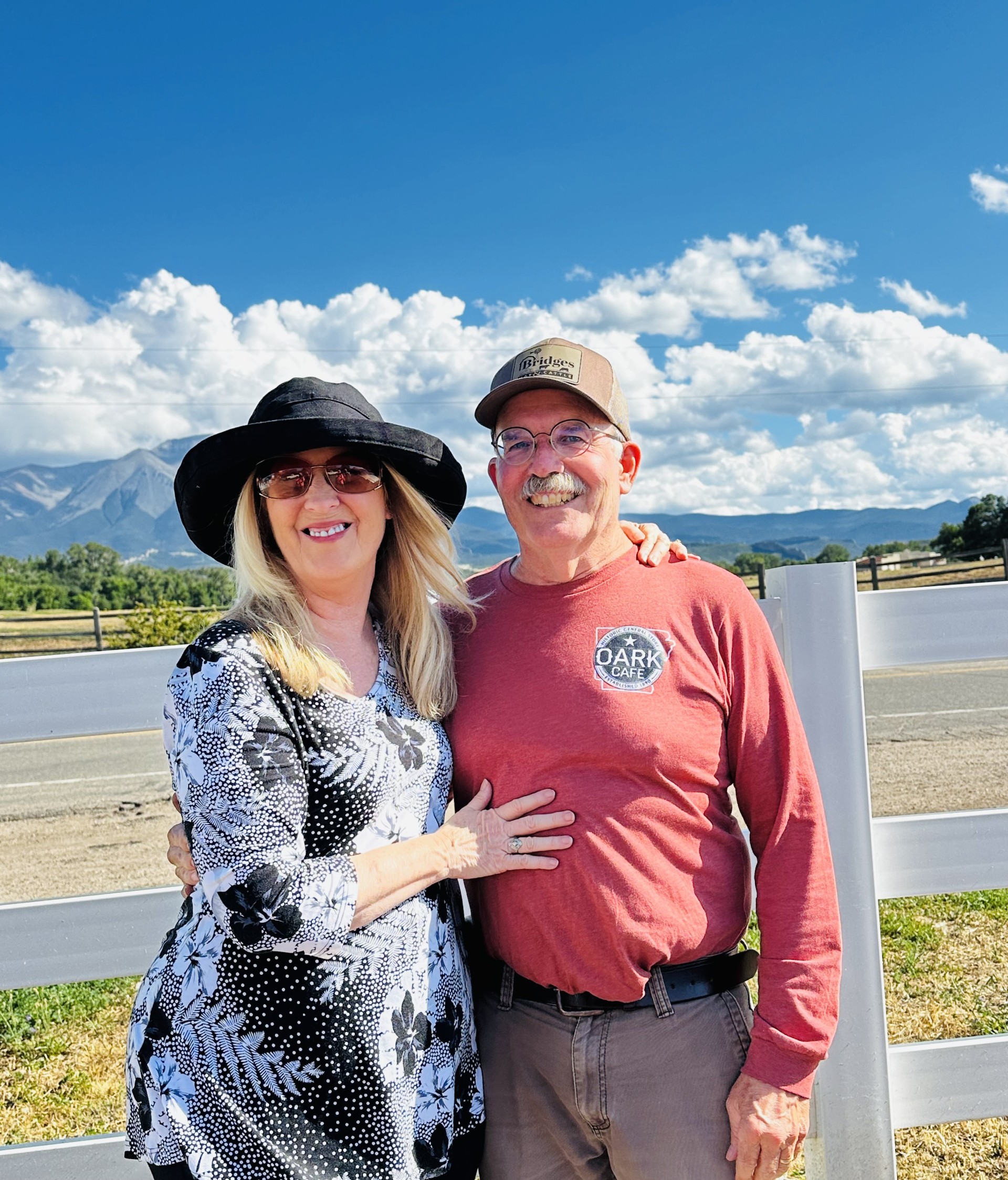
By: Annette Bridges
A friend and I were recently talking about our husbands. She made a comment that I felt also perfectly described me and my hubby.
“He slows me and I hurry him. I’m sure that is why we do well together,” she said.
“Precisely!” I thought. Why?
Because when two different worlds collide, it can be magical.
No matter what those two different worlds are- a man and a woman with very different personalities, beliefs, or backgrounds, two partners with contrasting passions, strengths, or talents, or when a country boy marries a city girl.
To read more, pick up a copy of the October edition of North Texas Farm & Ranch magazine, available digitally and in print. To subscribe by mail, call 940-872-5922.
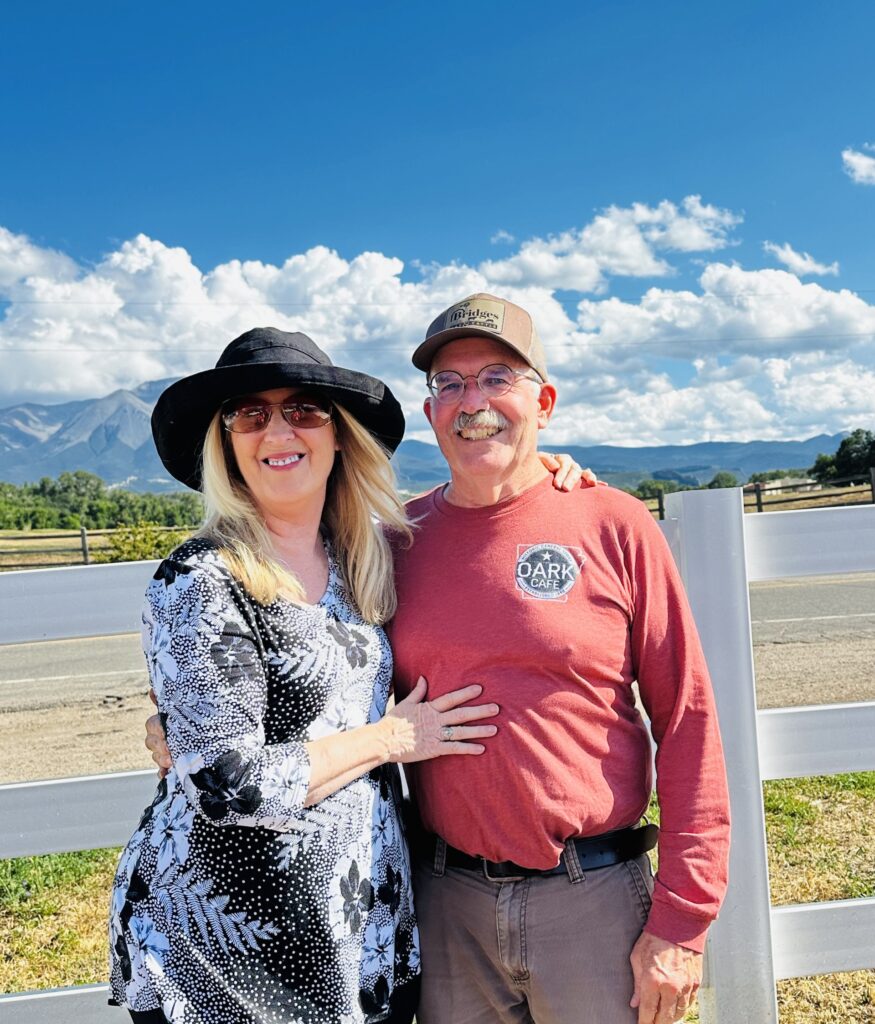
Country Lifestyles
Emma Harvey- Miss USA Agriculture
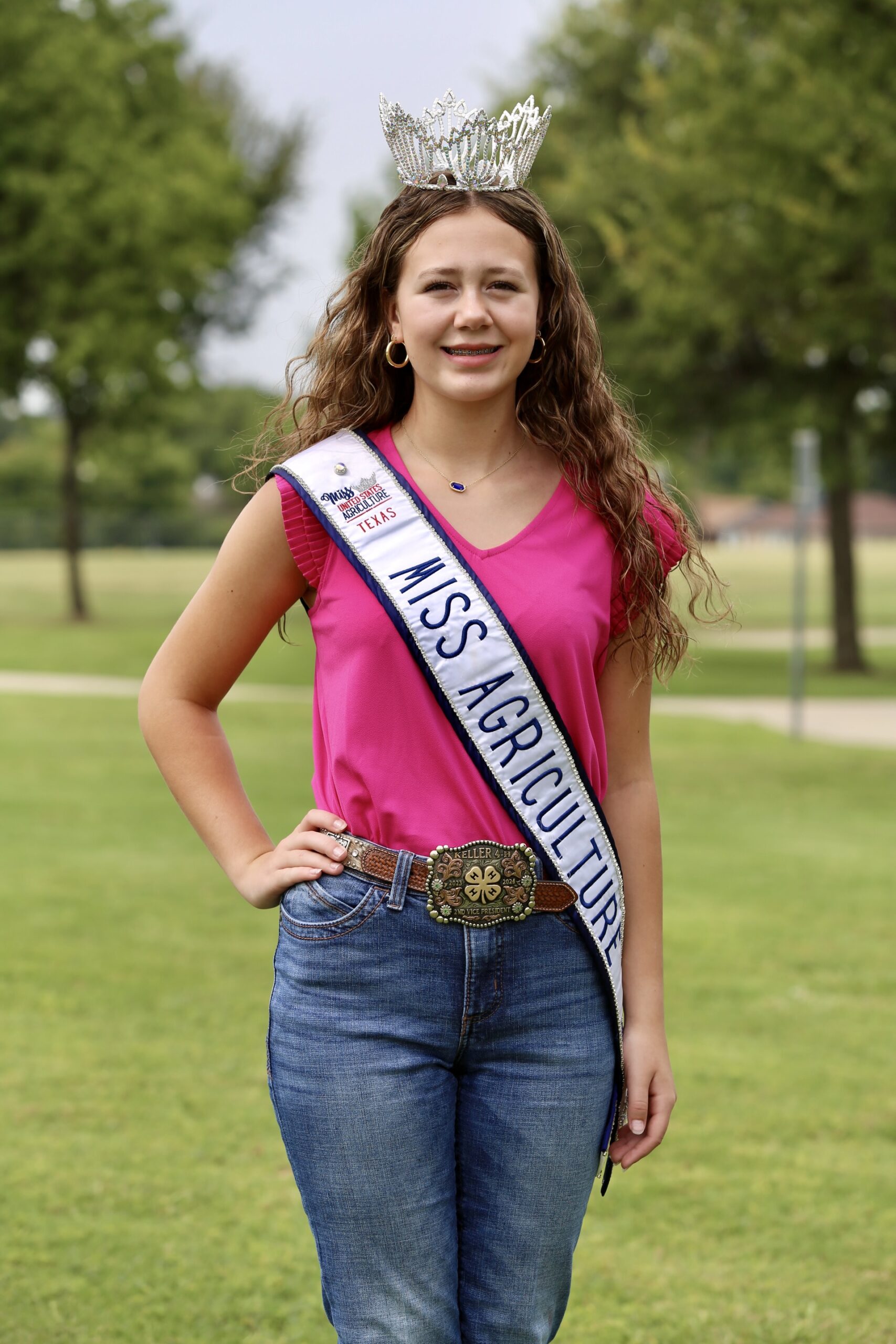
Watauga, Texas, a suburb of Fort Worth, is known for its rich history as a railroad stop, but over the course of the last year, one teen girl has put it on the map for agriculture as well. Emma Harvey has lived in Tarrant County her entire life. Despite being highly involved in her local 4-H chapter, she still felt there was more she could do. In the spring of 2023, she stepped up to the plate to take over the title of Tarrant County Teen Miss Agriculture USA.
“It all started when I put in an application for the teen title here in Tarrant County,” explained Harvey.
The Miss Agriculture USA program is a national non-profit, age-inclusive pageant program that offers both competition and non-competition titles to women dedicated to the promotion of agriculture.
Read more in the October issue of North Texas Farm & Ranch magazine, available online and in print. Subscribe to our newsletter to receive NTFR in your inbox each week.
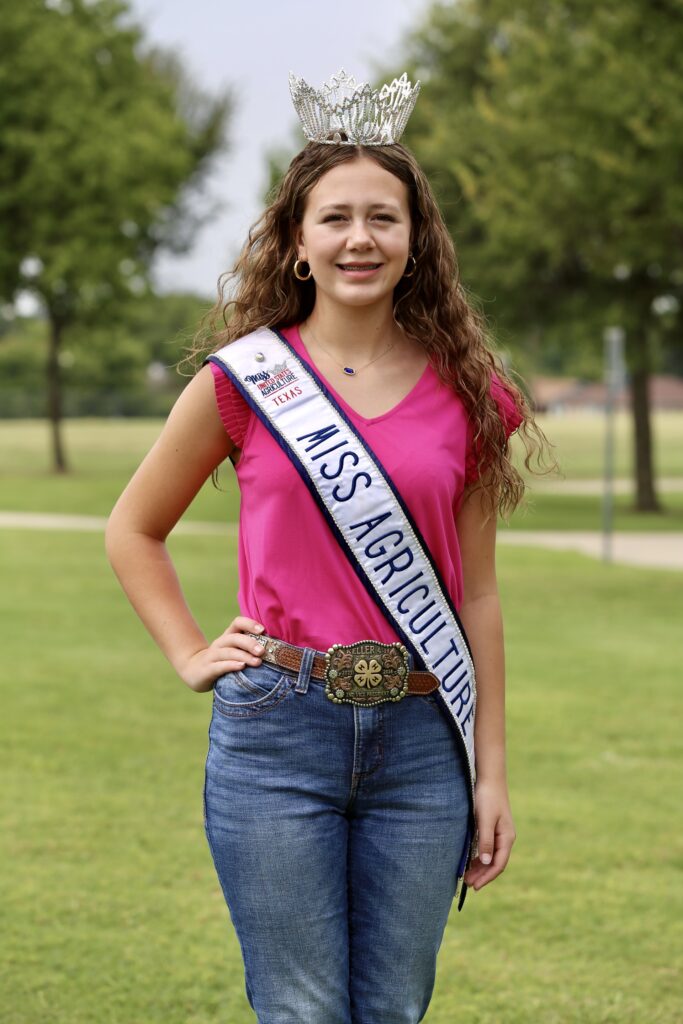
Photo by Hannah Claxton.
-

 Country Lifestyles2 years ago
Country Lifestyles2 years agoScott & Stacey Schumacher: A Growth Mindset
-

 Country Lifestyles8 years ago
Country Lifestyles8 years agoStyle Your Profile – What your style cowboy hat says about you and new trends in 2017
-

 HOME8 years ago
HOME8 years agoGrazing North Texas – Wilman Lovegrass
-

 Equine1 year ago
Equine1 year agoThe Will to Win
-

 Country Lifestyles5 years ago
Country Lifestyles5 years agoAmber Crawford, Breakaway Roper
-

 Outdoor9 years ago
Outdoor9 years agoButtercup or Primrose?
-

 Country Lifestyles8 years ago
Country Lifestyles8 years agoJune 2016 Profile – The man behind the mic: Bob Tallman
-

 Country Lifestyles8 years ago
Country Lifestyles8 years agoDecember 2016 Profile, Rusty Riddle – The Riddle Way

